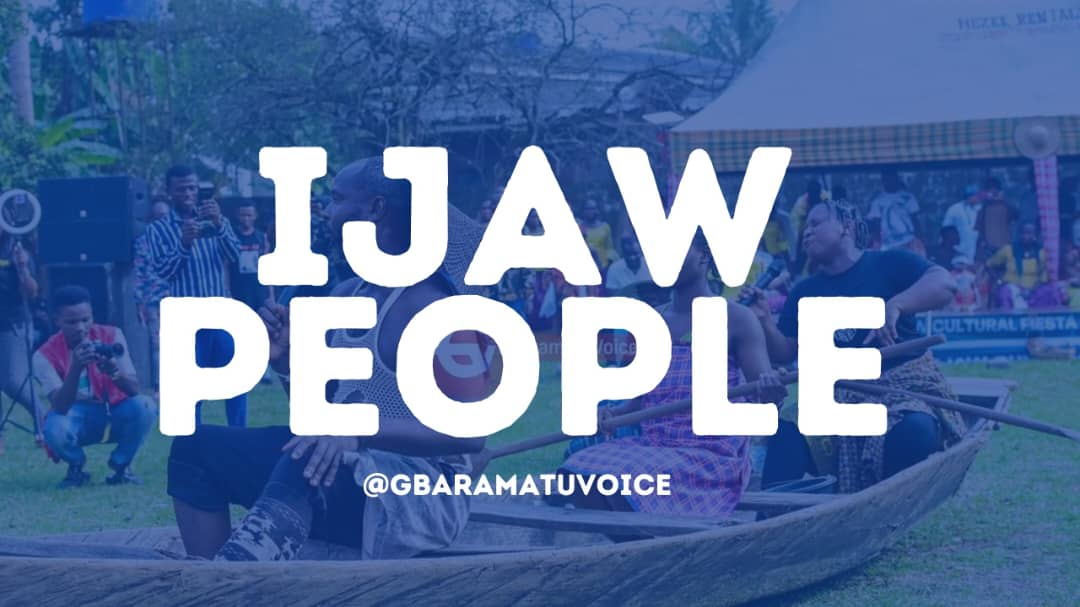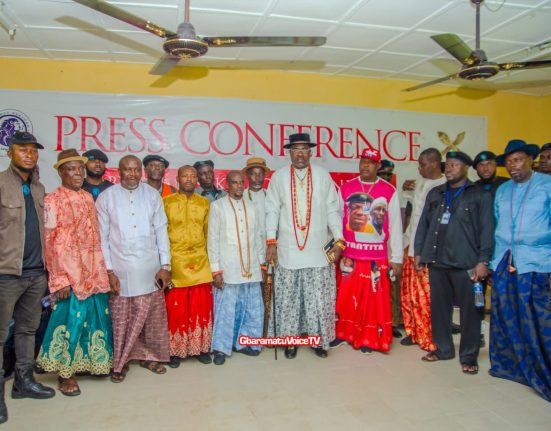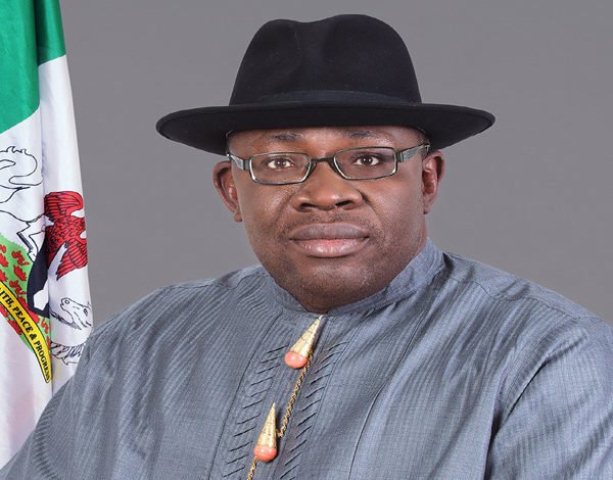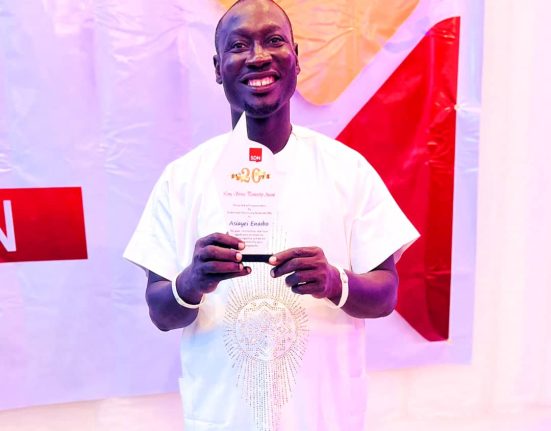By Jacob Brakere Abai
The age-old tradition of “Koide or Koido,” symbolizing reverence and respect for elders in Ijaw culture, is facing a troubling decline in contemporary society. Once a cornerstone of Ijaw identity, this customary greeting is gradually disappearing from daily interactions, signaling a shift away from traditional values.
The practice of “Koide” holds deep significance in Ijaw society, embodying the values of humility, deference, and honor towards elders. It is a gesture of acknowledgment and submission, illustrating the younger generation’s recognition of the wisdom and experience of their elders.
Yet, amidst the rapid modernization and shifting social dynamics, the tradition of “Koide” is steadily waning. Younger boys now stretch their hands for the elderly, a taboo in Ijaw land where a younger person should wait until older individuals release their hands for a handshake. Even children, upon seeing a visitor in their houses, no longer say “Koide.” Instead, they opt for more generic greetings like “Good morning,” “Good evening,” or “Good afternoon.”
A significant contributing factor to this decline is the neglect of teaching younger generations about the importance of this customary greeting. Many Ijaw parents, influenced by urban lifestyles and Westernized norms, no longer prioritize imparting the value of “Koide” to their children. Instead, they adopt more casual approaches to greetings, overlooking the profound significance of the traditional gesture.
As a result, younger individuals grow up without a proper understanding of the cultural importance of “Koide” and its role in fostering respect and unity within the community. Without guidance from their elders, they fail to grasp the significance of honoring and revering their predecessors.
Consequently, the frequency of “Koide” exchanges diminishes, replaced by more informal interactions that lack the depth and reverence inherent in the traditional greeting. This shift reflects a broader trend towards the erosion of traditional values and the loss of cultural heritage in Ijaw communities.
The consequences of this decline are profound, as the bond between generations weakens and the mutual respect that once defined Ijaw society diminishes. Without the practice of “Koide” to reinforce the hierarchy and interconnectedness of community members, social cohesion is compromised.
It is imperative for Ijaw communities to recognize the urgency of revitalizing their cultural traditions and values, starting with the revival of “Koide.” Efforts must be made to educate younger generations about the significance of honoring and respecting their elders through traditional greetings.
By instilling a deeper appreciation for “Koide” and other cultural practices in future generations, Ijaw communities can ensure the preservation of their rich heritage for generations to come. The revitalization of “Koide” is not just a restoration of a traditional greeting but a reaffirmation of Ijaw identity and unity.
Abai is the Publisher of GbaramatuVoice International
For the publication of your news content, articles, live event coverage, political campaigns, festivals, photos, videos, or any other newsworthy materials on GbaramatuVoice and to place an advertisement, please call or WhatsApp +2348143459986 or email: info@gbaramatuvoicenews.press
Support Quality Journalism in the Niger Delta Region
Join us in our mission to bring development journalism, cultural preservation, and environmental awareness to the forefront. Your contribution makes a difference in the lives of the people of the Niger Delta. Donate today and be a part of the change!








